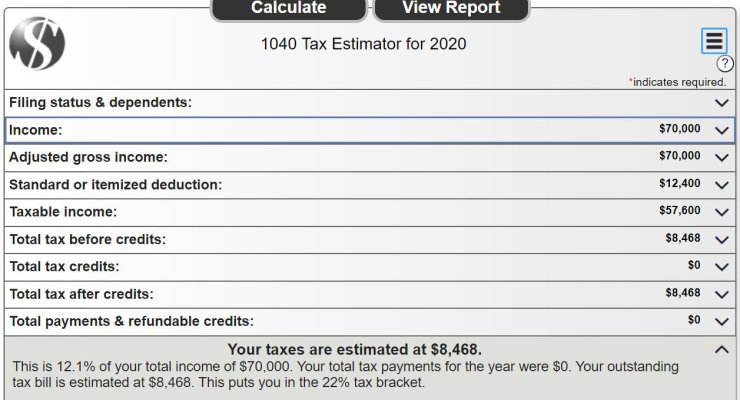Hi all,
I hope there's some day traders here who can provide some insight because Ive been scratching my head over this one... When exactly is the income tax rate applied to "income" from day trading (for someone with trader tax status)? What I mean is, is it applied to the profit from the end of each day after losses have been accounted for? ...or will I be taxed on EACH individual profitable trade, even if some of that money is lost 5 minutes later on a losing trade? Or (wishful thinking?) is it applied to my net profit at the end of the year, after all losses have been taken out?
Ex.
On Sept 8th: At 10:00am, I trade AMD for a profit of $500. Then at 11:30, I close a losing trade on INO at a loss of $400. At 3:00pm, I trade BOXL and make a profit of $100.
Total Profit: $600
Total Loss: $400
Net Gain: $200
Am I charged income tax on the $600, even though I didn't keep it all?
Or am I charged income tax on the $200 because that was the profit by the end of the day?
Or does it look at net gain in the above manner over the period of the whole year?
I know there's the wash sale rule and exemption, which I'm also learning about and I'm sure it relates to this issue, but right now I'm just trying to understand the basics of basics on how income tax is applied to day trading before those rules/exemptions apply.
In this scenario, lets assume the person has trader tax status, not investor.
Thanks in advance for your insight on this.
I hope there's some day traders here who can provide some insight because Ive been scratching my head over this one... When exactly is the income tax rate applied to "income" from day trading (for someone with trader tax status)? What I mean is, is it applied to the profit from the end of each day after losses have been accounted for? ...or will I be taxed on EACH individual profitable trade, even if some of that money is lost 5 minutes later on a losing trade? Or (wishful thinking?) is it applied to my net profit at the end of the year, after all losses have been taken out?
Ex.
On Sept 8th: At 10:00am, I trade AMD for a profit of $500. Then at 11:30, I close a losing trade on INO at a loss of $400. At 3:00pm, I trade BOXL and make a profit of $100.
Total Profit: $600
Total Loss: $400
Net Gain: $200
Am I charged income tax on the $600, even though I didn't keep it all?
Or am I charged income tax on the $200 because that was the profit by the end of the day?
Or does it look at net gain in the above manner over the period of the whole year?
I know there's the wash sale rule and exemption, which I'm also learning about and I'm sure it relates to this issue, but right now I'm just trying to understand the basics of basics on how income tax is applied to day trading before those rules/exemptions apply.
In this scenario, lets assume the person has trader tax status, not investor.
Thanks in advance for your insight on this.

